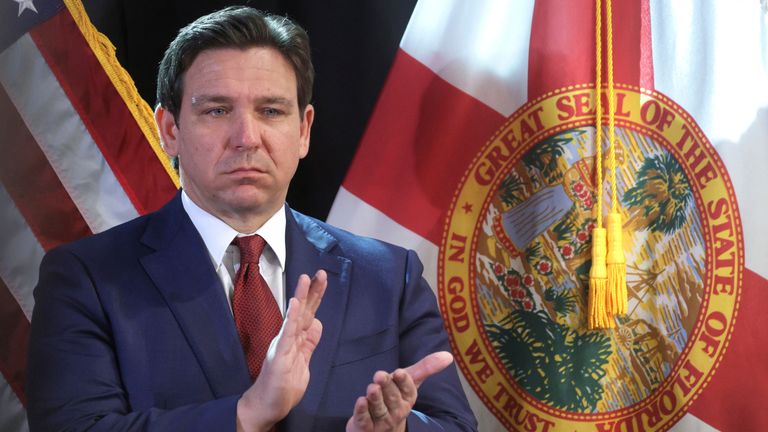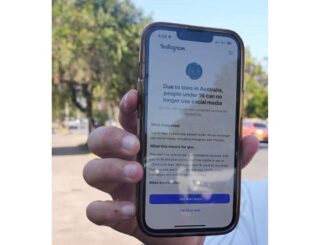
Children under 14 will be barred from joining social media in Florida from next year.
Signed into law by governor Ron DeSantis, the legislation directs social media firms to delete the accounts of under-14s.
Children aged 14 and 15 will also need parental consent before signing up for platforms like Instagram and Snapchat.
Companies who fail to delete accounts risk being sued on behalf of children – with the minor awarded up to $10,000 (£7,908) – and could also be fined up to $50,000 (£39,538) per violation of the law.
It’s set to come into effect in Florida from January next year, but challenges by firms claiming it violates the US constitution are expected.
The state’s Republican speaker Paul Renner called the bill his top priority and said that “a child in their brain development doesn’t have the ability to know that they’re being sucked into these addictive technologies”.
The bill also defines material harmful to children as including content “lacking serious literary, artistic, political, or scientific value for minors”, in addition to “patently offensive” depictions of sexual conduct and indecency.
Firms that fail to prohibit access to such material, or prohibit future access to a minor after it is reported, are “liable to the minor for such access, including court costs and reasonable attorney fees”.
‘We’re going to beat them’
Mr Renner admitted he knows social media firms will “sue the second this is signed”, but said: “We’re going to beat them. We’re going to beat them and we’re never, ever going to stop.”
Mr DeSantis, who recently suspended his campaign to be the Republican nominee for president, also backed the bill and said “we not only satisfied me, but we also satisfied, I think, a fair application of the law and constitution”.
NetChoice, a trade group linked with Meta, TikTok and X, has claimed that the Florida policy creates “ID for the internet” and puts restrictions on all Floridians regardless of age.
“We’re disappointed to see Gov. DeSantis sign onto this route,” Carl Szabo, NetChoice vice president and general counsel, said in a statement.
“There are better ways to keep Floridians, their families and their data safe and secure online without violating their freedoms.”
Source: ![]() news.sky.com
news.sky.com







Be the first to comment